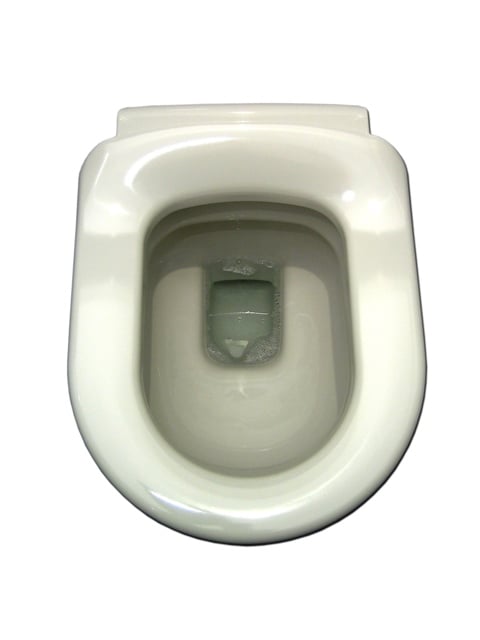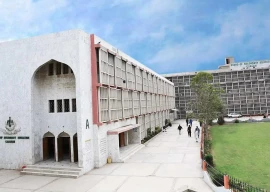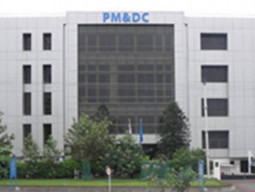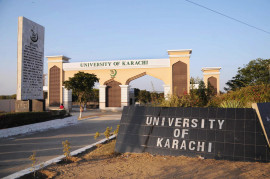
Sanitation and hygiene-related interventions could mitigate 52 per cent of their economic impact, which amounts to 2.05 per cent of Pakistan’s gross domestic product (GDP). This was stated by World Bank Water and Sanitation Programme (WSP) Country Coordinator Fahim Sami.
“The main cause for this loss is open defecation, which spreads diseases. It is decreasing by 1.3 per cent every year, but this is not satisfactory and it would take years to be eliminated from the country at this speed,” he said. “If we succeed in eliminating open defecation, it would help achieve the Millennium Development Goals and also help increase the GDP,” he added.
The interventions that could be carried out to mitigate economic losses due to poor sanitation will not only reduce sanitation-related losses, but may also provide improvements in other areas such as water supply, Sami said.
According to a recent report, the cost of provision of improved access to toilets is an estimated 1.42 per cent of GDP, he said. Besides this, the provision of improved hygiene behaviour is estimated to cost equivalent 1.81 per cent of GDP.
Water Aid Regional Advocacy Manager Mustafa Talpur said that the according to the World Bank WSP report, the government is losing 3.94 per cent of GDP per year due to inadequate sanitation and water access across the country. “The percentage of economic losses would remain the same every year unless satisfactory measures are taken,” he added.
Aside from this, money should be earmarked to improved access to clean water for each person living in the country, which would reduce disease occurrence by 80 per cent and related costs as well.
International Union for Conservation of Nature (IUCN) Senior Water Expert Dr Sahid Ahmed agreed that economic losses could not be reduced unless funds are earmarked for the health sector, elaborating that they would ideally be divided in three parts. Of the total allocation for health, some amount should be spent on awareness about sanitation and water issues. Secondly, some amount should be allocated for providing safe water to the masses, and third, some amount should be provided for preventive measures, he said.
“Only one per cent of total sewage in the county is treated, while the remaining is drained into freshwater,” he said. Dr Ahmed noted that water supply lines were always connected with the drainage system, which leads to water pollution. There are water supply and sanitation systems at union council level, but they are not efficient due to diversion of available operational and non-development funds to development heads, “because policy makers are of the view that non-development funds are a waste of money.”
Moreover, people often fail to pay the nominal fees for water, which he said should be enhanced to Rs500, with 100 per cent recovery ensured.
Published in The Express Tribune, May 12th, 2013.





1732947071-0/BeFunk_§_]__§-(4)1732947071-0.jpg)











COMMENTS
Comments are moderated and generally will be posted if they are on-topic and not abusive.
For more information, please see our Comments FAQ